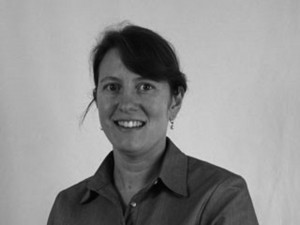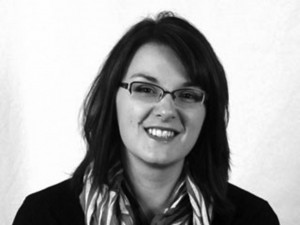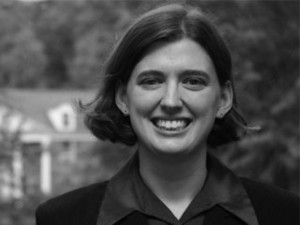
This year, professors Jillian Sokso, Marlene Collins-Blair, Susan Bruxvoort Lipscomb, Ndunge Kiiti, Kristin Camenga, Brandon Hoffman, and David Huth reached tenured status.
The track to tenure begins in a professor’s second year of teaching, when they undergo a review within their department. Then, four years into their appointment, they undergo an intermediate review. Six years into their teaching, the professor is reviewed a final time by the chair of their department and a faculty member. Finally, in the seventh year, the professor is reviewed once more and also undergoes a hearing. In the spring, the Board of Tenure makes a final decision.
“Tenure itself something that is, ultimately, good for the institution because it ensures faculty stability and protects the freedom of scholars to pursue their disciplines”, said Professor Bruxvoort Lipscomb, English, of the process. Tenure can also be a stressful process, Bruxvoort Lipscomb points out. “The process itself, however, produces a lot of anxiety because the stakes are so high–professors who are not granted tenure must leave the institution.”

The tenure process helped Professor Sokso, Art, gain some insight into her work. She said, “Preparing for the reviews and hearing helped me to gain some clear insights about my teaching and research practices, and I feel that I am a better instructor and scholar because of that reflective process, paired with some intentional goal setting for the future.”
All of the tenured professors are great contributors to the communities within their academic disciplines. Sokso recently illustrated one of the criterions for tenure, “integration of faith and teaching/research” in a recent collaboration with Women of Hope International in Sierra Leone. She taught disabled women how to make paper from indigenous plant fibers. She said of the trip, “I saw that opportunity as an authentic extension of both my studio and teaching practices, an example of my commitment to care for God’s creation, and the chance to simply love people who have been abused and disadvantaged their entire lives.”
Professor Camenga, Mathematics, had the chance to attend the Joint Mathematics Meeting in San Diego, California in January with a few of her students after they spent the summer participating in National Science Foundation-funded research. This conference is the premier national mathematics meeting and she said she gets “the greatest joy from the accomplishments of my students.” She said that she celebrates “the unique path that God is taking each of my students and hope that I had a small part in that.”

“With higher education in such a turbulent state right now, I think that many professors feel grateful just to have a job. And it’s really a great job–one in which we get to pursue intellectual and artistic development and be involved in shaping the minds and vocations of students,” said Bruxvoort Lipscomb.
Achieving tenure is an honor, and all of the professors recognize this fact. Sokso said, “I’m very happy to be among the many established colleagues who have chosen to give of their time, talents and lives to this community.” Bruxvoort Lipscomb said, “I know that I’m grateful for my job at Houghton. And I’m grateful that it’s more secure now because I successfully completed the tenure process.” Camenga echoed the sentiments of her colleagues saying, “I am honored to have been awarded tenure and promotion and look forward to continuing to serve the Houghton community.”
